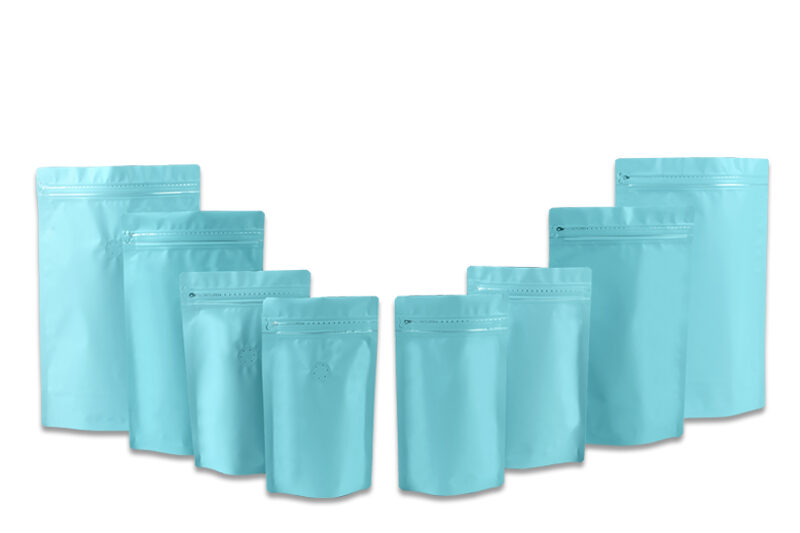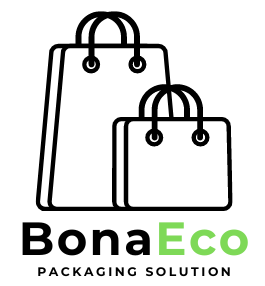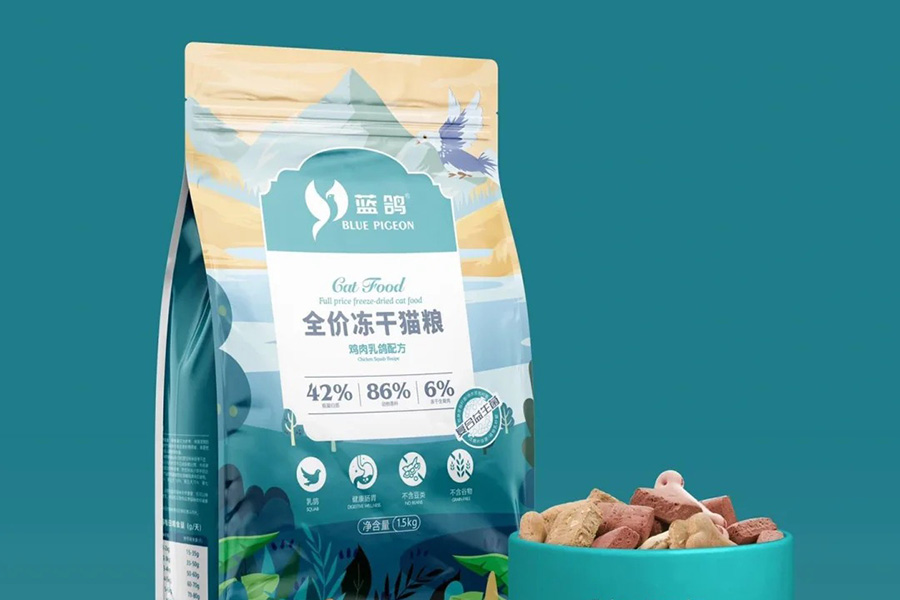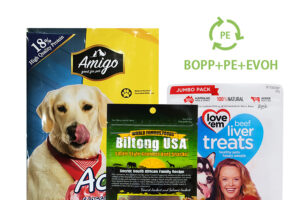Are you overwhelmed by the number of plastic food bags piling up at home? Finding a way to recycle them effectively can be challenging. Many people are unaware of the proper methods for recycling plastic food bags, leading to environmental pollution. Understanding how to recycle these bags can help reduce waste and protect the environment.
Recycling plastic food bags involves collecting, cleaning, and taking them to designated recycling centers. Most curbside recycling programs do not accept plastic bags, but special drop-off locations are available. By following the right steps, you can ensure that your plastic food bags are recycled properly and contribute to a healthier planet.
Keeping readers engaged is essential. Let’s dive deeper into the details and provide comprehensive answers.
Why Is It Important to Recycle Plastic Food Bags?
Plastic food bags contribute significantly to environmental pollution. They take hundreds of years to decompose, releasing harmful chemicals into the soil and water.
Recycling plastic bags reduces landfill waste and conserves natural resources. It also helps prevent marine pollution, protecting wildlife and ecosystems. By recycling, we can mitigate these adverse effects and promote sustainability.
What Types of Plastic Food Bags Can Be Recycled?
Not all plastic food bags are created equal. It’s crucial to know which types can be recycled.
Most recyclable plastic bags include grocery bags, bread bags, produce bags, and some food storage bags. These are typically made from polyethylene (PE), which is widely accepted at recycling centers. However, bags with food residue, zipper closures, or non-plastic components may not be recyclable.

How to Prepare Plastic Food Bags for Recycling?
Proper preparation of plastic food bags is essential to ensure they are accepted for recycling.
- Clean and Dry: Ensure the bags are free from food residue and completely dry.
- Remove Non-Plastic Components: Take off any zippers, handles, or labels that are not made of plastic.
- Bundle Together: Collect the bags in a larger plastic bag to keep them organized and easier to handle.
Following these steps helps streamline the recycling process and increases the likelihood of acceptance.
Where Can You Recycle Plastic Food Bags?
Most curbside recycling programs do not accept plastic bags due to their tendency to clog machinery. However, there are other options.
Special drop-off locations: Many grocery stores and retail outlets have designated bins for collecting plastic bags. Some recycling centers also accept them if they are brought in separately from other recyclables.
Can Plastic Food Bags Be Reused?
Reusing plastic food bags is another effective way to reduce waste.
Reuse options include using them for storage, packing lunches, or as trash liners. Creative repurposing can extend the life of plastic bags and reduce the need for new ones.
What Are the Environmental Benefits of Recycling Plastic Food Bags?
Recycling plastic food bags offers several environmental benefits.
Reduced landfill waste: Recycling helps decrease the amount of waste that ends up in landfills.
Energy conservation: Producing new plastic from recycled materials uses less energy than creating it from raw materials.
Pollution reduction: Recycling reduces the pollution associated with plastic production and disposal.
These benefits highlight the importance of recycling and its positive impact on the environment.
How Does Recycling Plastic Bags Impact Wildlife?
Plastic bags pose a significant threat to wildlife. Animals can mistake plastic bags for food, leading to ingestion and entanglement.
Recycling plastic bags helps prevent marine and terrestrial wildlife from ingesting or getting entangled in plastic waste. By keeping plastic bags out of natural habitats, we protect animals and maintain ecosystem health.
What Are the Challenges in Recycling Plastic Food Bags?
Despite the benefits, recycling plastic food bags comes with challenges.
Contamination: Food residue and other contaminants can make recycling difficult. Ensuring bags are clean before recycling is crucial.
Recycling Infrastructure: Not all areas have the facilities to recycle plastic bags, limiting options for many people.
Consumer Awareness: Many people are unaware of proper recycling practices for plastic bags, leading to improper disposal.
Addressing these challenges requires education, improved infrastructure, and consumer participation.
Are There Alternatives to Plastic Food Bags?
Considering alternatives to plastic food bags can further reduce environmental impact.
Reusable bags: Made from materials like cloth or silicone, reusable bags can significantly cut down on plastic waste.
Biodegradable bags: These break down more quickly than traditional plastic bags and are less harmful to the environment.
Paper bags: Suitable for certain applications, paper bags are recyclable and compostable.
Switching to these alternatives can help reduce reliance on plastic and promote sustainability.
How Can Consumers Promote Better Recycling Practices?
Consumers play a vital role in improving recycling practices.
- Educate Yourself: Learn about the recycling guidelines in your area.
- Spread Awareness: Share information about proper recycling practices with friends and family.
- Advocate for Change: Support policies and initiatives that improve recycling infrastructure and reduce plastic use.
By taking these steps, consumers can contribute to a more sustainable and efficient recycling system.
Conclusion
Recycling plastic food bags is an essential practice for reducing environmental pollution and conserving resources. By understanding which bags can be recycled, preparing them correctly, and utilizing drop-off locations, consumers can effectively recycle plastic food bags. Additionally, reusing bags and considering alternatives can further minimize plastic waste. Embracing these practices not only protects the environment but also promotes sustainability for future generations.






